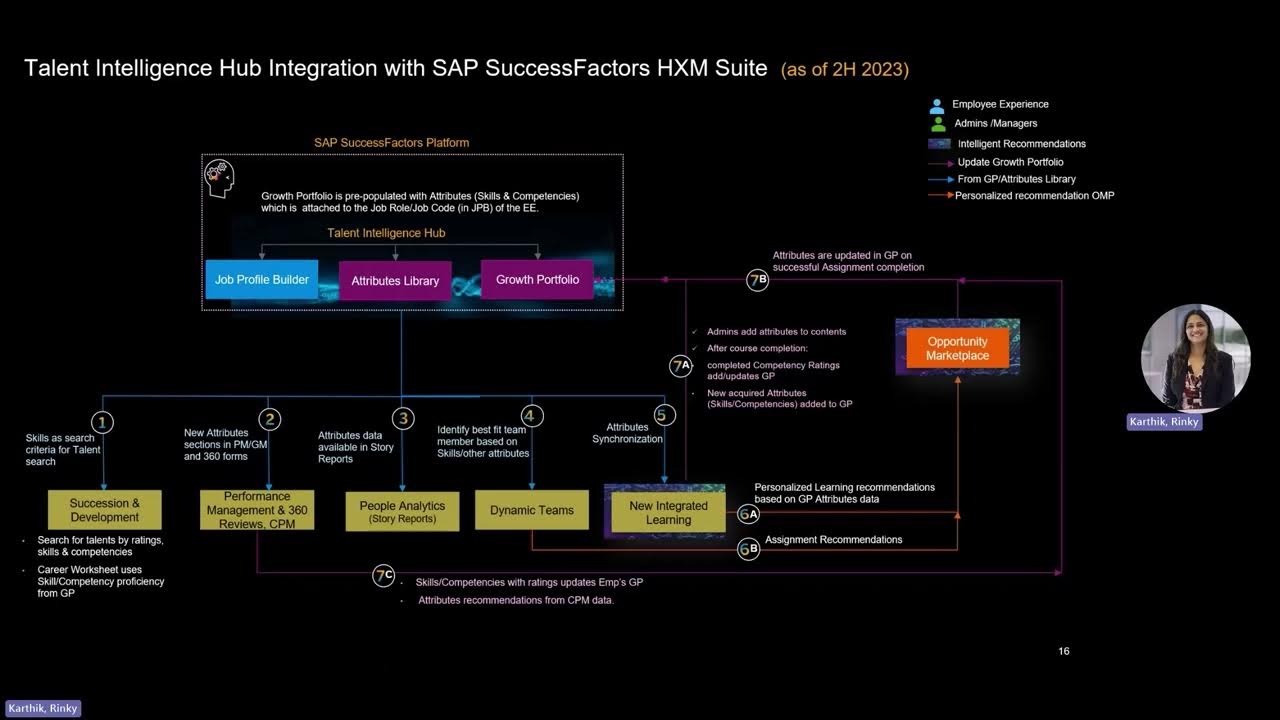*REVEALED* Compensation plans that ACTUALLY WORK...
Summary
TLDRIn this insightful video, Alex from Rosie Owen Acquisition shares a transformative approach to talent management and performance enhancement. He discusses the importance of variable compensation tied to personal goals, allowing employees to set their own targets monthly. This method not only fosters accountability and ownership but also leverages social pressure to encourage ambitious goal-setting. By aligning individual contributions with overall company objectives, businesses can boost morale, enhance productivity, and reduce employee turnover. Alex emphasizes the psychological benefits of this innovative model, encouraging entrepreneurs to create an environment where employees feel valued and empowered.
Takeaways
- 😀 Variable compensation is essential for motivating employees and driving performance.
- 😀 Management by Objectives (MBO) helps align individual and company goals.
- 😀 Employees can benefit from setting their own monthly performance goals.
- 😀 Social pressure among peers encourages employees to aim higher with their goals.
- 😀 This approach provides autonomy, allowing employees to take ownership of their performance.
- 😀 The compensation structure can be split between company-wide performance and individual achievements.
- 😀 Utilizing intermittent reinforcement can enhance employee engagement.
- 😀 Clear, quantifiable goals are critical for measuring performance.
- 😀 This method can reduce employee turnover by fostering a sense of progress and fulfillment.
- 😀 Creating an environment that supports employee growth contributes to overall business success.
Q & A
What is the main challenge that entrepreneurs face according to Alex?
-Every entrepreneur needs better people and aims to get more out of the talent they already have.
What is the significance of company culture in talent management?
-Company culture plays a crucial role in training and aligning employees towards shared goals, which enhances performance.
What does Alex mean by 'variable compensation'?
-Variable compensation refers to a part of an employee's pay that is contingent on their performance and the company's success.
How does the current compensation structure work for leadership roles?
-The current structure uses Management by Objectives (MBOs) to split compensation into fixed and variable parts, focusing on both company and individual performance.
What innovative approach to goal-setting does Alex suggest?
-He suggests allowing employees to set their own monthly performance goals, fostering autonomy and accountability.
How does social pressure contribute to the goal-setting process?
-Publicly setting goals creates social pressure among team members, encouraging them to set ambitious targets.
What psychological principles are utilized in the proposed compensation model?
-The model leverages autonomy, social pressure, and intermittent reinforcement to motivate employees.
How can this new compensation structure benefit the overall company?
-It can lead to increased employee motivation, engagement, and lower turnover rates, ultimately improving company performance.
What kind of roles is this compensation model applicable to?
-While particularly beneficial for leadership roles, it can also apply to various positions that do not have direct sales metrics.
What are the expected outcomes of implementing this new compensation approach?
-Expected outcomes include enhanced employee satisfaction, improved performance, and a stronger sense of contribution to the company's success.
Outlines

This section is available to paid users only. Please upgrade to access this part.
Upgrade NowMindmap

This section is available to paid users only. Please upgrade to access this part.
Upgrade NowKeywords

This section is available to paid users only. Please upgrade to access this part.
Upgrade NowHighlights

This section is available to paid users only. Please upgrade to access this part.
Upgrade NowTranscripts

This section is available to paid users only. Please upgrade to access this part.
Upgrade NowBrowse More Related Video

Talent Intelligence Hub & HXM Suite Integration

MASTER LEVEL SUCCESS STORY & LESSON YOU DON'T WANT TO MISS THIS ONE!

The real path to scaling your business in 43 min

5 Surprising Copywriting Lessons I Learned The HARD Way 😳

Strategic HRM Key Principles, Benefits of Strategic HRM, Optimize Goals and Decision-Making.

Dapat Perhatian Dari Owen: Gara Gara Indonesia, Tatanan Sepakbola Asia Akan Berubah
5.0 / 5 (0 votes)